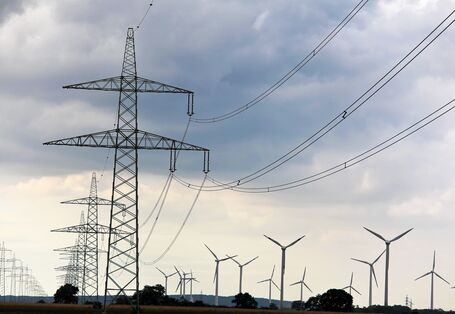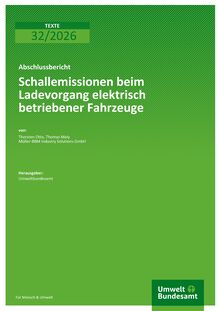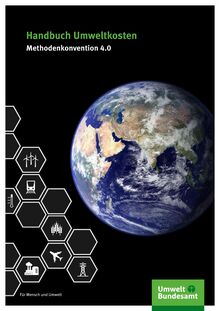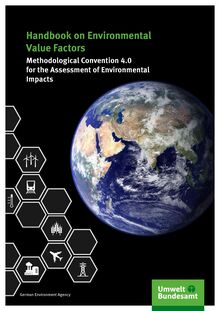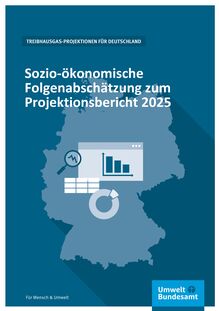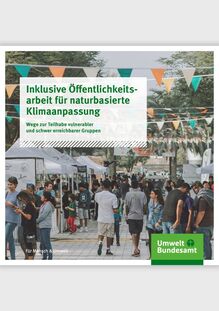CO2 pricing for emissions in heating and transport sectors to start in new year in Germany

Germany is set to launch the national emissions trading system for fuels on 1 January 2021. The trading system is intended to help reduce CO2 emissions in the heating and transport sectors. Until 2022, petrol, diesel, heating oil, liquefied petroleum gas and natural gas will initially be part of the national emissions trading system.











